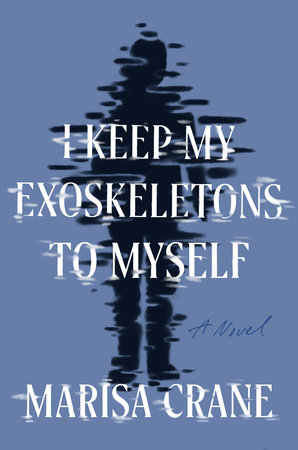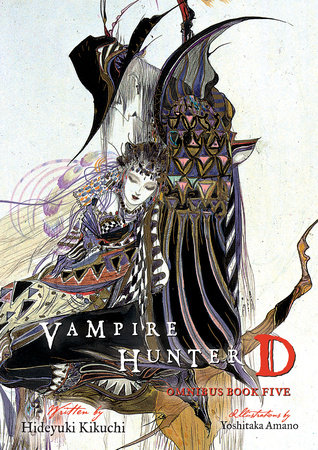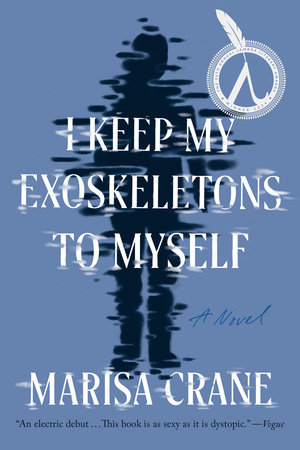

I Keep My Exoskeletons to Myself
By Marisa Crane
By Marisa Crane
By Marisa Crane
By Marisa Crane
By Marisa Crane
By Marisa Crane

-
$17.95
Jan 09, 2024 | ISBN 9781646222063
-
$27.00
Jan 17, 2023 | ISBN 9781646221295
-
Jan 17, 2023 | ISBN 9781646221301
YOU MAY ALSO LIKE
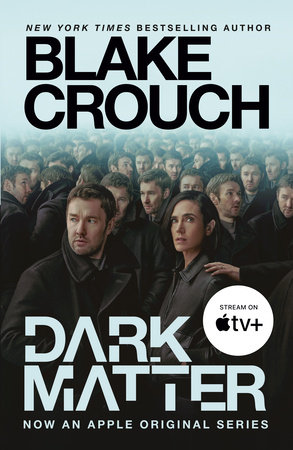
Dark Matter (Movie Tie-In)
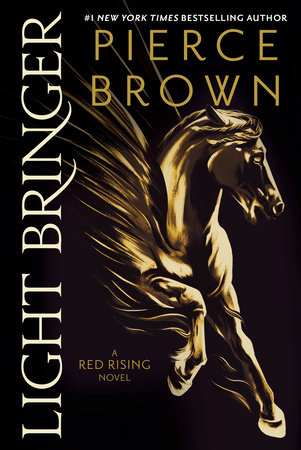
Light Bringer
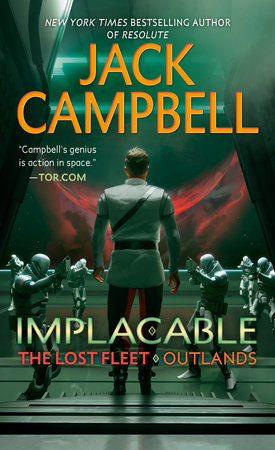
Implacable

Ascension
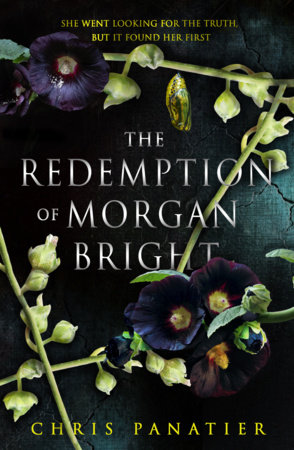
The Redemption of Morgan Bright

Godzilla x Kong: The New Empire – The Official Movie Novelization
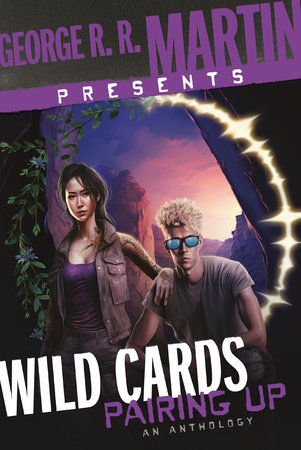
George R. R. Martin Presents Wild Cards: Pairing Up
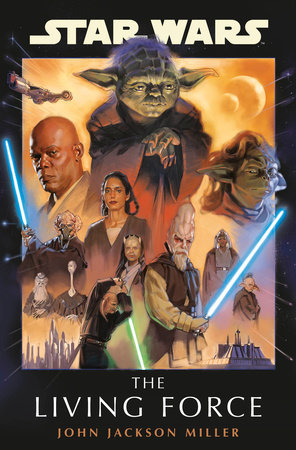
Star Wars: The Living Force

The Last Man
Praise
Finalist for the Lambda Literary Awards
Finalist for the Libby Book Awards
Goodreads, A Buzziest Debut Novel of the Year
Named a Best Book of the Year by Esquire, Debutiful, Independent Book Review, Library Journal, Chicago Review of Books, Washington Independent Review of Books
Named a Most Anticipated Book by Autostraddle, Lambda Literary, Ms., Independent Book Review, LGBTQReads, and more
“What would 1984 be like if Winston Smith had an endearing personality? Crane’s book gives us a disarming model for life under surveillance. Kris’s voice is everything in this novel—she’s a morose, prickly, paranoid yet lovable narrator with exquisite comic timing . . . I Keep My Exoskeletons to Myself is a meditation on those precious acts through which Kris finds her way: the joy of queer parenting and chosen family, the beauty of forgiveness and the resistance inherent in expansive love.” —Lydia Kiesling, The New York Times Book Review
“A proponent of prison abolition, the author couldn’t help diving into its potential aftermath under a system that might never shake the impulse to punish and banish . . . Equally central to the novel is an exploration of how grief changes people—the way it can become a personal apocalypse, irrevocably separating ‘before and after.'” —Lorraine Berry, Los Angeles Times
“There’s a lot going on in Crane’s hard-to-classify, hard-to-put down debut novel, but at its heart, beneath the gorgeous sentences and gallows humor and speculative-fiction machinations, it’s a survival story.” —Patrick Rapa, The Philadelphia Inquirer
“[An] electric debut . . . This book is as sexy as it is dystopic, which is saying a lot.” —Emma Specter, Vogue
“Fans of Black Mirror will enjoy this novel set in a world where those charged with a crime won’t face incarceration, but instead gain shadows which follow them around as a constant reminder of their wrongdoing, while also serving as a warning to others.” —Milan Polk, Men’s Health
“Sharply-rendered . . . Interspersed with humor, warmth and lodve . . . Deeply hopeful . . . A reminder that no matter how dire the circumstances, we still have each other.” —Kendra Sitton, San Diego Magazine
“This singular debut offers a fresh peek at our dystopian future, one in which wrongdoers carry around extra shadows as reminders and warnings of their misdeeds.” —Karla Strand, Ms.
“Crane’s debut is like a macabre yet endearing 1984 for the modern age, supplemented by the author’s disarming humor in what is otherwise a heavy book.” —Emily Bond, A HuffPost Best Book of the Year
“A force . . . A journey of rage, healing, friendship, family, love, and in many ways, coming of age . . . An immersive and propulsive story with characters who are deeply human in their vulnerabilities and their resilience.” —Sarah Neilson, Shondaland
“A thought-provoking, inventive examination of queer motherhood, forgiveness, redemption, punishment, surveillance, and so much more . . . It’s a brilliant, disturbing read, yet full of heart, love, and found family.” —Margaret Kingsbury, BuzzFeed
“Engrossing . . . Like much of the finest near-future science fiction—including George Orwell’s 1984 and Philip K. Dick’s Minority Report—Crane’s novel shows how disenfranchised individuals can resist and subvert authoritarian powers . . . By centering the novel on a touching, intimate story of a queer family searching for freedom and happiness against all odds, Crane uses speculative fiction to ask how we, too, can create new, more liberatory futures in our present moment.” —Daniel Spielberger, them
“A hall-of-famer . . . I’ll ride for this book forever. It’s not just that I want all of you to read it; it’s that I want all of you to have read it already, so that I’m not so alone with the enormity of my feelings about it and you’ll already know exactly what I mean.”—Yashwina Canter, Autostraddle
“Elegant . . . The novel stands out in its poetic reporting on the everyday experience of living under incessant observation and enforcement.” —Aram Mrjoian, Chicago Review of Books
“I Keep My Exoskeletons to Myself contains multitudes: dry humor, vibrant characters, unapologetic queerness and eroticism, the political manipulation of safety and respectability, the push and pull of mother-daughter relationships, and the questioning of what one says (and doesn’t say) to those one loves most. It is, in sum, a book about guilt, grief, and forgiveness—the hard kind you have to give yourself.” —Tara Campbell, Washington Independent Review of Books
“This speculative novel about crimes, motherhood, and loss is truly unlike anything else you’re read this year. Marissa (Mac) Crane deftly navigates the darkness our future can hold with breathtaking and engrossing prose. There is no doubt this book should be taught throughout the education system as a new classic to high school students as well to those in writing seminars.” —Debutiful
“A stunning book. It is staggering how many things it manages to be at once. It’s poetic and experimental, dystopian and tender, kinky and queer. It is about grief and loss but also about love and hope, community in the face of adversity and, perhaps above all, the love between a mother and her daughter . . . [A] joy to read. Crane is a poet in addition to a novelist, and their prosody shines through every page. And, in response to every darkness, there felt like there was some light . . . I Keep My Exoskeletons to Myself would work on its own without the speculative dimension as a beautiful meditative reflection on various kinds of love and loss. And it it would work equally as well as an exploration of a surveillance society interested in creatively punishing its citizens, and the pockets of resistance such a society might inspire. Luckily for us, Crane has somehow written both.”—Sam Paul, Feminist Book Club
“The book is speculative in the way that Octavia Butler’s Kindred is speculative: the premise pushes on the limits of reality only to bring us closer to understanding our own relationships . . . In a fragmented and intimate style that evokes writers like Sheila Heti and Jenny Offill, Crane allows Kris to explore all the corners of grief, love, desire and hope as she finds a way to forgive herself and reinvent her family’s form.” —Rebecca Ackermann, Electric Literature
“Mesmerizing . . . I was highlighting sentences in this book before I was ten pages deep . . . Reading can sometimes be an unexpectedly physical experience, and reading I Keep My Exoskeletons to Myself was one of those times for me . . . One hell of a debut.” —Molly Templeton, Tor
“There’s a deep intimacy to the way Crane tells this story . . . Reading I Keep My Exoskeletons to Myself feels like paging through a beautifully rendered therapy exercise that was designed to remain in the closed-door confines of the psychiatrist’s room . . . Gorgeous, heartbreaking prose . . . This novel is so full of sharply observed gut-punches and painfully human truths (about love, loss, desire, bureaucracy, fear mongering in the media, loneliness, kink, queerness, and new motherhood) that you’ll be thinking about Crane’s magnificent, evocative phrases for a while . . . Equal parts queer, devastating, precious, and thought-provoking, I Keep My Exoskeletons to Myself is an unforgettable experience, exploring what it means to be human and illuminating the healing significance of finding community in the depths of your despair.” —Andrea Marks-Joseph, Independent Book Review (starred review)
“The beautiful, spare narration from Kris as she struggles with grief and motherhood delivers a deep emotional punch, lightened by dry humor and the hope in human connection. For fans of Emily St. John Mandel’s Station Eleven and Veronica Roth’s Poster Girl.” —Library Journal (starred review)
“The author’s profound maturity shines as they interrogate the creation of family, criminalization, and queer resistance. Readers will be moved and electrified.” —Publishers Weekly (starred review)
21 Books You’ve Been Meaning to Read
Just for joining you’ll get personalized recommendations on your dashboard daily and features only for members.
Find Out More Join Now Sign In








